16 Jun 2021
Organic, GMO-free… How to guarantee the compliance of your agricultural supply chain?

French consumers are more and more concerned by the impact of their diets on their health and on the environment. According to a recent Kantar World Panel survey, 79% of French people fear that the food they eat is harmful to their health, and 67% say that they have changed their consumption habits due to environmental awareness. In the face of this evidence, several labels of quality are showing favour with consumers, for example regarding organic or “GMO-free” foods.
However, consumer trust towards these labels, just as it is towards food brands, can be fragile. Indeed, 48% of respondents to an Agence Bio survey stated that they had doubts about the compliance of products sporting an organic label.
So how can food professionals guarantee the compliance and the authenticity of organic or GMO ingredients and in the interest of rebulding consumer trust? Keep reading to discover a few innovations that are providing tools.
Consumer expectations of guarantees
The market of organic products in France represented 11.9 billion euros in sales in 2019. Agence Bio, the French agency for the development and promotion of organic agriculture, estimates that 90% of French people purchased, at least occasionally, organic products in 2020, and 13% did so daily. Various reasons motivate French consumers to turn to organic foods, mainly preserving the environment (86%), andhealth benefits (81%).
Beyond the organic label, other labelling practices are offering consumers reassurance regarding the environmental and health impact of their food. There is also “GMO-free” labeling (“sans OGM” in French – you can find out more here about the regulatory aspect – in French). And there is strong interest in this area: according to the 2019 IRSN survey, 57% of French people considered that GMOs were dangerous, and 86% supported a total ban on GMO crops.
However, while these labels and labelling practices offer an initial reassurance, they do not suffice alone for overcoming consumer skepticism: 48% of French consumers of organic products have doubts about their conformity and 60% of French consumers would like to know more about the regulation and testing of organic products (source: Agence Bio). According to another survey by survey by Kantar TNS in 2018, 70% of French people considered that food companies are not respectful of their consumers.
It is clear that food professionals have a role to play in ensuring that their products are indeed compliant regarding the labelling of organic or GMO-free foods, and thus shore up consumer trust in this area.
GMO-free supply chains: examples of soy and rapeseed
In February 2020, the French conseil d’Etat (a legal advisory body for the executive branch and supreme court for administrative law), confirmed a classification of so-called “clearfield oilseed rape” as a genetically-modified organism – thus banning it from production and sale on French soil (official text here – in French).
Dr. Konstantin Rizos, technical director of FOODCHAIN ID TESTING GmbH, explains: “Clearfield varieties of oilseed rape are widely used in Canada, Australia and in other parts of Europe, and have been made tolerant of herbicides by in vitro mutagenesis of cells, to make it easier to destroy weeds without effecting the crops. As soon as the French government banned this variety in France, it became necessary for the food industry to use tools to prove that the Clearfield oilseed rape was not in their supply chains.”
“However, until now, there were no tests for detecting the presence of Clearfield rape in crops, and thus guarantee its absence,” he continues. So that food professionals concerned by the production and processing of oilseed rape could respond to the new restrictions, Konstantin Rizos and his team developed an innovative testing method. “We use a quantitative PCR method in real time, with ISO 17025 accreditation, for the detection of two points of mutagenesis characteristic of the Clearfield oilseed rape hybrids – and absent from conventional varieties,” he concludes.
For other crops, it is also possible to make use of a traceability tools throughout the value chain, to provide verifiable proof for “GMO-free” labelling. For example, for soy, traceability tools are available as part of the ProTerra certification (a certification wide recognised internationally for all organic agricultural products), that use encoding to verify at each step of the chain that certified lots (soy, sugar etc.) are compliant.
Guaranteeing the authenticity of organic products: an R&D project
On the organic side of things, Food Chain ID is also working on detection systems for CMS hybrids (cytoplasmic male sterility) for food professionals: “CMS are not GMOs, but these varieties are nonetheless rejected by a number of organic associations. These tests are very useful for allowing food manufacturers to guarantee the traceability of ingredients destined for organic products,” says Konstanin Rizos (read this article for more information – reserved for Vitagora paid members).
For consumers, there is a growing expectation of a guarantee of authenticity. However, beyond the traceability and certification tools already in use, there are currently no analytical tools for verifying the respect of the restrictions around organic agriculture, and providing a necessarily wide range of evidence to allow food professionals and consumers to be certain of the authenticity of organic products. The TOFoo project (“True Organic FOOd”) aims to fill this gap.
Accredited by Vitagora and funded with French national investments, this project will mobilise 10 industrial and research partners within a 5-year program. Launched in September 2020, the project aims to develop methods and tools for guaranteeing the respect of authorised practices for organic agriculture, from farm to fork, for both plant products (fruit, pulses, grains) and dairy. Among the deliverables will be:
- Portable analytical apparatus for carrying out rapid, frequent testing, directly on site. These will allow users to obtain “pre-alerts” on the integrity of their products
- Robust and reliable authentification methods for use in the laboratory, to verify the pre-alerts or to carry out tests within quality control regimes or for organic label audits.
Innovation continues apace
Reducing the impact of agricultural production and food professing on the environment and on consumer health: food professionals are engaging in initiatives to respond to these overarching consumer expectations – whether in terms of analytical methods for guaranteeing the conformity of their products with their “organic” or “GMO-free” labelling, or indeed in terms of finding alternatives to the use of controversial practices such as artificial pesticides. For example, in December 2020, the European project Novaterra, in which Vitagora is involved, was launched. This project has the goal of developing new integrated strategies for reducing the negative impact of pesticides in Mediterranean olive and grape growing (find out more here).
For more information on these subjects, you can contact me at eugenie.cornu@vitagora.com.
And don’t forget to subscribe to our blog so you don’t miss out on our scientific and trend intelligence for agrifood professionals (2-3 emails per month).




 Home
Home

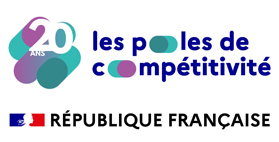

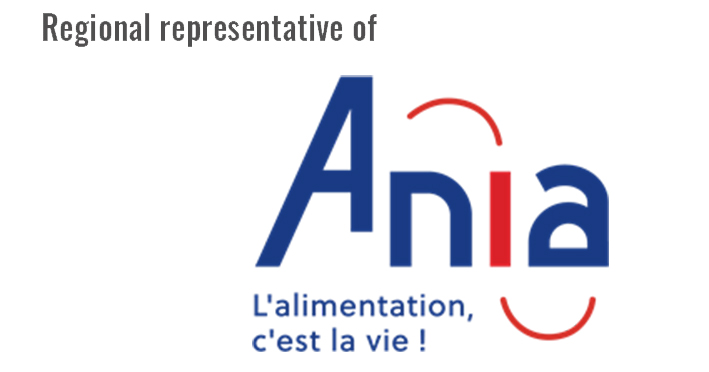
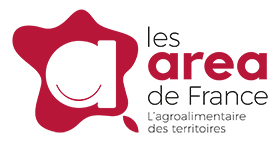

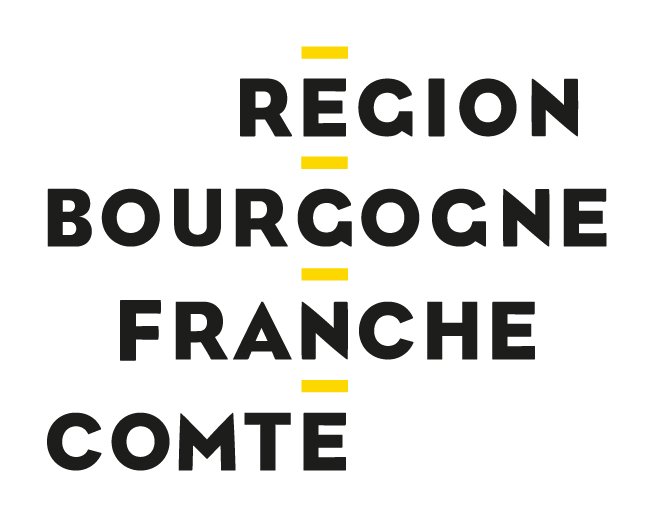
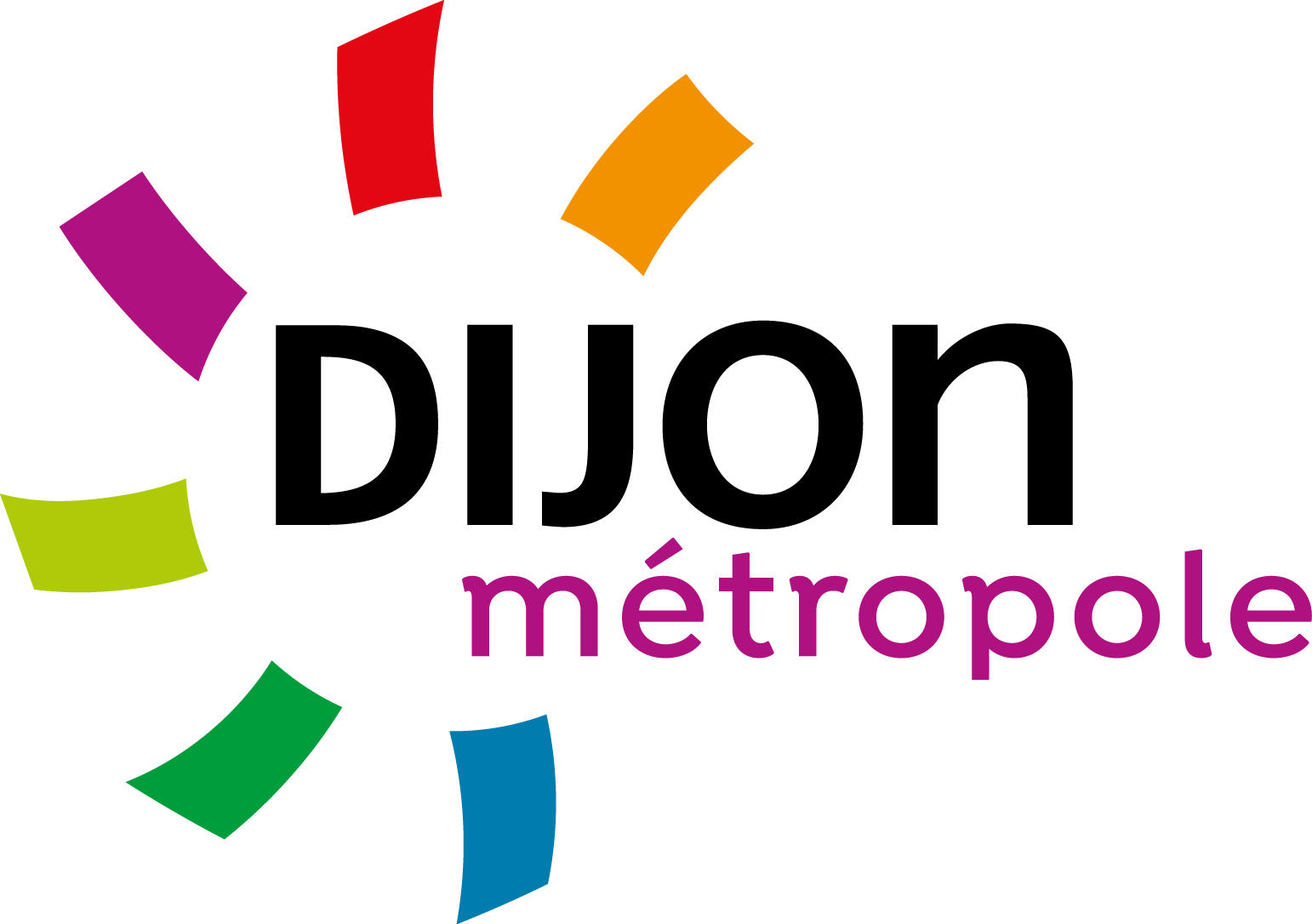









Share your opinion